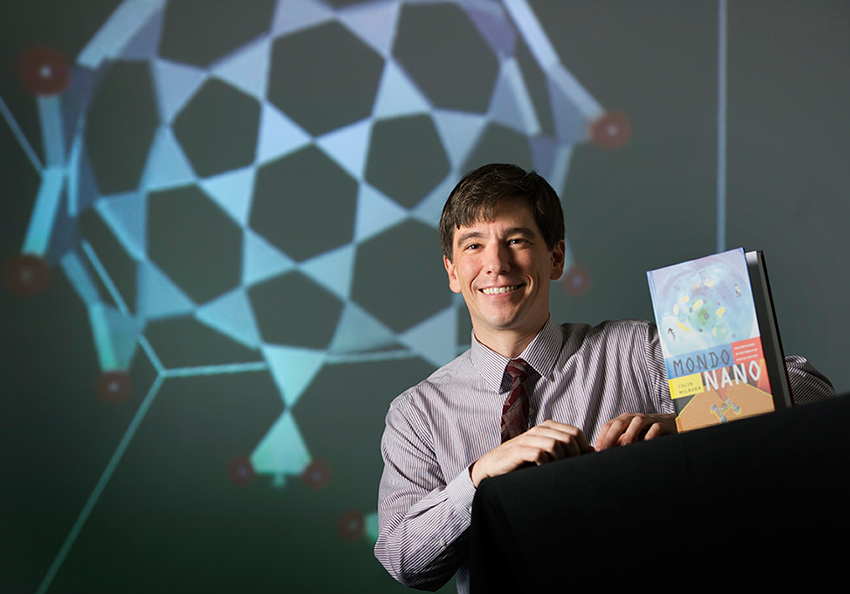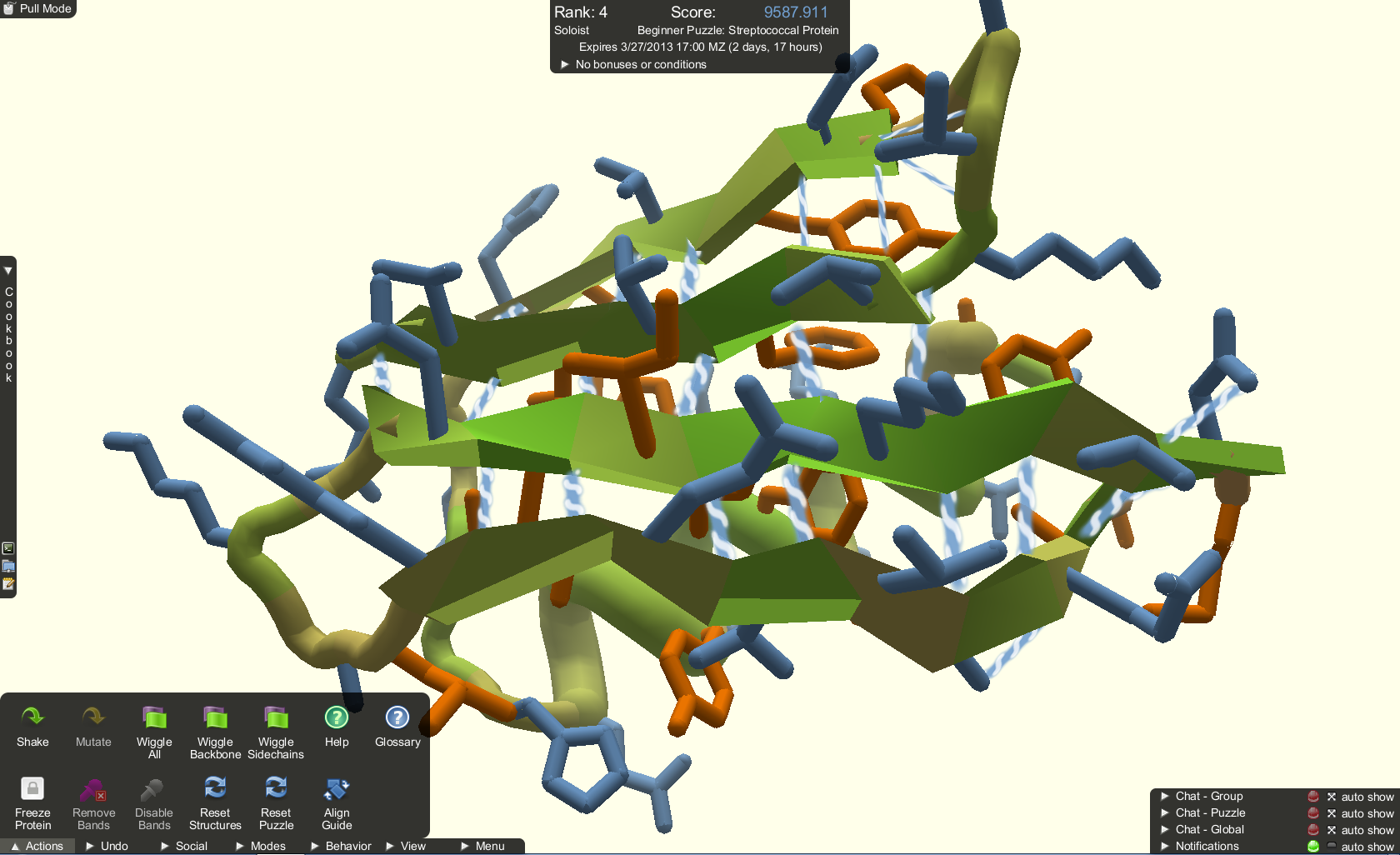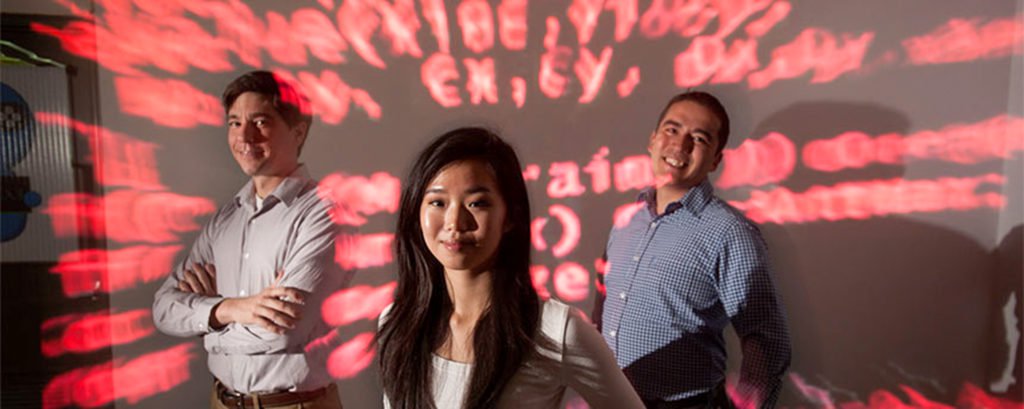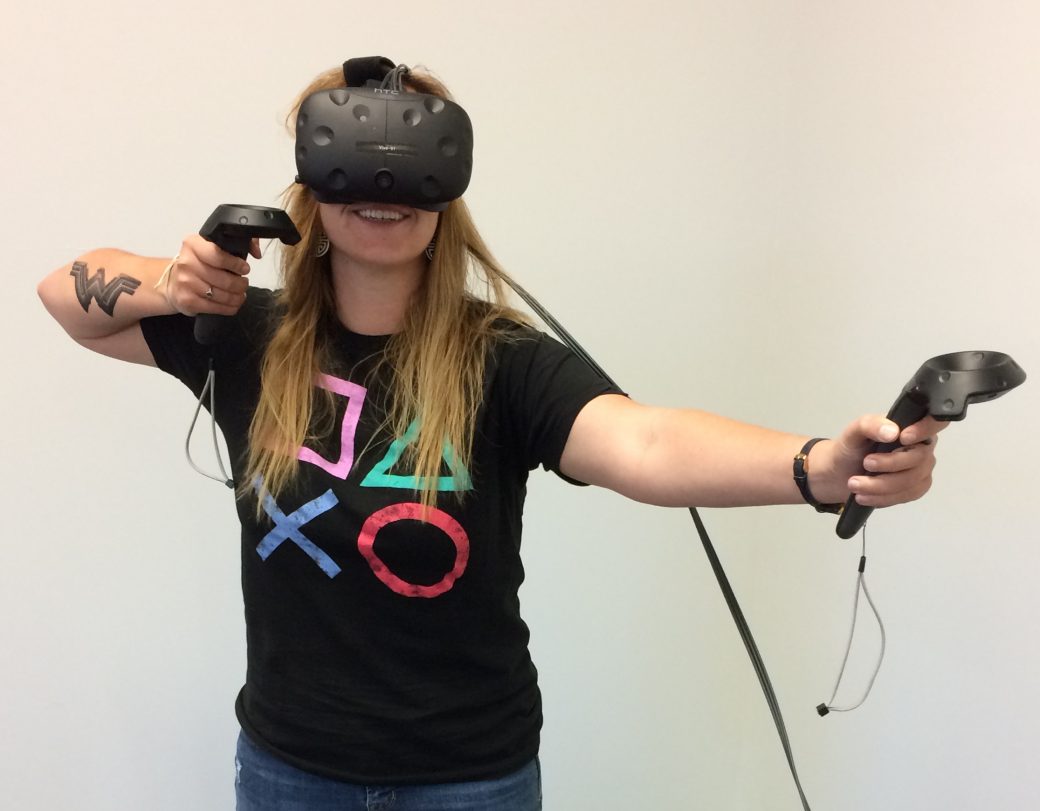University of California Davis
ModLab
Where we learned about games for literary study, games for science, and the politics of diversity.
A s of now (2019), ModLab is situated in Cruess Hall at the University of California Davis. It is home to state-of-the-art equipment and faculty from across the UC Davis campus—the College of Letters and Science, the College of Engineering, the College of Biological Sciences, and the School for Education. The ModLab stands to facilitate collaborative research in games between all students and faculty across all disciplines within the University.
Now it is a thriving hub for research in games, but before 2014, when IMMERSe was awarded, ModLab was a roaming group of researchers. Over the course of several months, a small group came together with a desire to create a space for games studies, game development, and digital humanities at UC Davis.
The initial connection began when Dr. Karen Collins, Associate Professor and Theme Leader, came to UC Davis as a visiting scholar. While in conversation with Dr. Colin Milburn, Professor and Theme Leader, they realized that there was an emerging interest in games studies, games development, and the digital humanities present at both UW and UC Davis. Dr. Collins and Dr. Milburn agreed that a collaborative research network would serve both Universities to the highest degree.
The award of the IMMERSe grant, marked a change for Games Research at UC Davis. After news of IMMERSe travelled through the University, Dr. Milburn received $750,000 in in funds from the UC Davis Office of Research (for 2014-2016) in support of the Gamification and Innovation in the Digital Humanities program. This is what allowed for the creation of UC Davis’ new digital humanities laboratory: the ModLab. The award sparked a chain of funding opportunities that enabled researchers to equip the ModLab with state-of-the-art equipment in motion capture, VR, gaming equipment. After several years of ideation, collaborative research, events, and a myriad of smaller projects, all finally had a home.
Like most other IMMERSe partner Universities, the University of California Davis decided to devote most of the IMMERSe grant to its students. Funds was used to support graduate student research, undergraduate students, and to facilitate the hiring of post-docs. The funding allowed for researchers, particularly post-doctoral fellows, to devote themselves fully to their collaborative research. Amanda Phillips, UC Davis’ first postdoctoral hire was funded through IMMERSe in 2014-2015 and supported by matching funding in 2015-2016. Two consecutive years of postdoctoral funding aided the continuation of several IMMERSe projects, and the faculty of ModLab found the benefit reflected in both the breadth and quality of the research being produced.
Over the course of eight years, UC Davis received a total of nine grants leveraged through the connection with IMMERSe, including a grant from the National Science Foundation and the Andrew W. Mellon Foundation. The Mellon Research Initiative in Digital Cultures was launched at UC Davis in 2013 and is led by IMMERSe members Colin Milburn (Associate Professor of English and the Gary Snyder Endowed Chair in Science and the Humanities) and Kriss Ravetto-Biagioli (Associate Professor of Cinema and Technocultural Studies). The initiative coordinated with IMMERSe to facilitate the cross-disciplinary training of graduate students and to strengthen research already underway in diverse aspects of digital culture across the humanities and social sciences (”New Mellon Groups to Engage Digital Cultures and Social Justice”).
As was the case with some other research institutes in the network, the majority of research outputs from UC Davis emerged overtime, from spending time with faculty and researchers in an interdisciplinary environment. Weekly meetings are a common site for idea generation, often sparking some of the most visionary projects from ModLab. In simplistic terms, the outputs of UC Davis can be divided into three over-arching domains: games for literary study, games for science, and the politics of diversity.
Games for Literary Study
Modlab researchers produced the Shakespeare-Performance Game “Play the Knave,” a Kinect video game that gives players a chance to stage and perform in a Shakespeare play. Through collaborations started by the IMMERSe network, Play the Knave was able to secure collaboration with the Stratford Festival Theatre in Ontario. The game was exhibited in the lobby of the Stratford Festival Theatre, at the Davis Arts Center, the Utah Shakespeare Festival, the Digital Salon of the Shakespeare Association of America, and in the Folger Shakespeare Library in Washington (Bloom).
You can learn more about Play the Knave in our section on “Serious Games and Games-Based Learning.”
Games for Science
An interesting application of this theme is in relation to citizen science games, digital media games used to contribute to scientific research and facilitate modes of scientific thinking within a broader public. One example is the game “Foldit,” developed by the University of Washington, and designed to contribute insights about protein folding (“Where Science and Video Games Meet”). During IMMERSe, the research team at ModLab collaborated with Foldit developers to create a new iteration of the game based on narrative research. Because of their work done through IMMERSe, researchers at UC Davis received a National Science Foundation grant around citizen science games.
IMMERSe co-applicant and Theme Leader Dr. Colin Milburn wrote several books over the course of IMMERSe. In his text “Mondo Nano: Fun and Games in the World of Digital Matter,” Dr. Milburn examines the impact of videogames on nano-technology research and cultural discussions around nano-technology. Dr. Milburn’s research was entirely a product of IMMERSe, enabled by discussions with his colleagues at ModLab and across the network.
Lastly, there is the pioneering works of Joe Dumit, within the realm of science and technology studies research. After experimenting with ModLab’s “Frack the Game,” a game about the politics of natural gas fracking, Dumit developed a methodology surrounding game development. In his formal paper, he contends that game development and processes of gamification are an act of social engagement with science and technology. As a result of his research, Dumit has been invited all over the world to give workshops.
The Politics of Diversity
Within this final domain, the post-docs of UC Davis contributed many valuable insights to the IMMERSe body of research. While acting as an IMMERSe post-doc, Amanda Philips published her findings on games and social justice in her book “Gamer Trouble.” The book takes a deep dive into the social conflicts within gamer culture, beginning with the 1990s all the way to present day. She looks at concerns about race, gender, class, sexuality, within gamer communities and the way that different game narratives have become sites of controversy (Milburn). In her latest publication, "Mechropolitics," which begin during IMMERSe, Dr. Philips investigates mechanisms of mortality and embodiment that are emphasized by certain game mechanics, and the forms of racialized violence that are embedded in certain kinds of videogames (Milburn).
Jordan Carroll primarily focused on the topic of obscenity in the relationship of games in literature and other geek media. In his work, “Publishing the Unpublishable: Obscenity and Editorship in American Literary Culture,” Dr. Carroll investigates the history of media obscenity in the U.S. with a focus on literary texts. In another work, "Geek Temporalities," also written while acting as a post-doc, Dr. Carroll examines the different temporal frameworks and geek communities–gamers, comic book fans, computer scientist, science fiction readers—within geek culture (Milburn).
After IMMERSe, post docs Amanda Philips and Jordan Carroll took on new roles within the academia; Amanda Philips accepted a tenure track professorship at Georgetown, and Jordan Carroll became an Assistant professor at the University of Tampa.
Bloom, Gina. Personal Interview. 10 July 2019.
Milburn, Colin. Personal Interview. 9 July 2019.
“New Mellon Groups to Engage Digital Cultures and Social Justice.” UC Davis Humanities Institute, http://dhi.ucdavis.edu/featured-stories/new-mellon-groups-to-engage-digital-cultures-and-social-justice Accessed 1 May, 2019.
“Where Science and Video Games Meet.” UC Davis, https://www.ucdavis.edu/news/where-science-and-video-games-meet/ Accessed 1 May, 2019.




